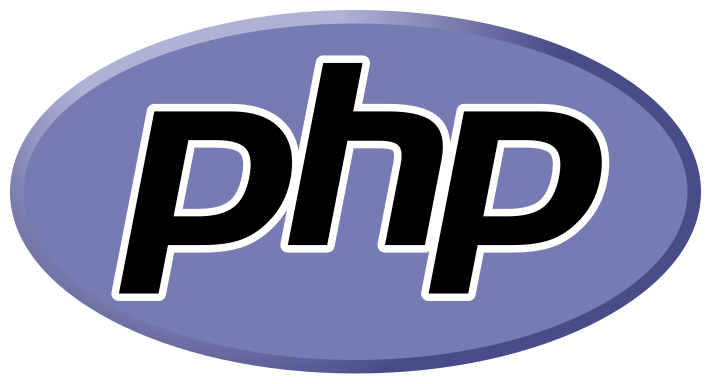
18 Dec PHP vs PHP Frameworks: A Detailed Comparison
PHP, a widely-used server-side scripting language, has been the foundation of web development for decades. On the other hand, PHP frameworks are tools that streamline the process of development by offering structured and reusable code. Understanding when to use plain PHP or opt for a PHP framework can greatly influence your project’s success. Here, we’ll analyze the pros and cons of each and provide insights on choosing the right approach for your needs.
1. Understanding PHP
PHP, or Hypertext Preprocessor, is an open-source scripting language designed for web development. It allows developers to build dynamic websites and applications by embedding PHP code into HTML. PHP’s flexibility and simplicity have made it one of the most popular programming languages globally.
Pros of PHP:
- Complete control over code
- Lightweight with minimal server requirements
- Huge community support and extensive documentation
- No additional learning curve for using a framework
Cons of PHP:
- Development can be time-consuming for large-scale applications
- Higher risk of repetitive code
- Lacks built-in tools for modern web development, such as routing or templating
2. Understanding PHP Frameworks
PHP frameworks are pre-built platforms that offer tools, libraries, and conventions to accelerate development. Frameworks like Laravel, Symfony, and CodeIgniter provide a structured way to build web applications with less effort.
Pros of PHP Frameworks:
- Enforce structured coding practices
- Reduce development time with pre-built tools
- Built-in security features such as CSRF and XSS prevention
- Scalable for complex, enterprise-level projects
Cons of PHP Frameworks:
- Learning curve for mastering the framework
- Additional overhead for smaller projects
- Dependency on third-party tools and updates
3. Flexibility vs. Structure
With plain PHP, developers have the freedom to write code as they see fit, making it ideal for custom or small-scale projects. However, this flexibility can lead to inconsistencies in larger teams or projects. Frameworks enforce best practices and a consistent structure, which is especially beneficial for team collaboration.
4. Development Speed
Frameworks like Laravel come with features like ORM, authentication, and templating engines, which speed up development significantly. While plain PHP offers more granular control, it often requires developers to write these functionalities from scratch, leading to longer development cycles.
5. Scalability
For large, complex projects, frameworks offer scalability through modular code and reusable components. PHP, while scalable, can become difficult to manage as the codebase grows, often requiring developers to implement their own structure and tools to handle scaling.
6. Security
Security is a critical aspect of web development. Frameworks provide built-in security measures like input validation, XSS protection, and CSRF prevention, making them a safer choice for most projects. In plain PHP, developers need to manually implement these measures, which can lead to vulnerabilities if not done correctly.
7. Learning Curve
While PHP is straightforward to learn, frameworks come with their own syntax, conventions, and tools that can be challenging for beginners. For experienced developers, frameworks can streamline workflows, but for new programmers, starting with plain PHP might be less intimidating.
8. Community Support
Both PHP and its frameworks benefit from strong community support. However, frameworks often have dedicated communities and resources that can help troubleshoot specific problems. PHP’s broader community, on the other hand, ensures long-term support and compatibility.
9. When to Use PHP
Plain PHP is ideal for:
- Small-scale projects or prototypes
- Projects where granular control over the code is required
- Developers who prefer a lightweight approach
Using plain PHP allows for maximum flexibility but demands more time and expertise to implement features like routing, authentication, and security.
10. When to Use PHP Frameworks
PHP frameworks are best suited for:
- Large-scale or enterprise applications
- Projects requiring faster development cycles
- Teams working collaboratively
Frameworks reduce repetitive tasks, enforce coding standards, and offer pre-built solutions for common challenges, making them the go-to choice for modern web development.
Conclusion
Choosing between PHP and PHP frameworks depends on your project’s requirements, scale, and the team’s expertise. Plain PHP is versatile and gives complete control, but frameworks provide structure, speed, and built-in features that simplify development. Understanding these trade-offs can help you make an informed decision and ensure your project’s success.
